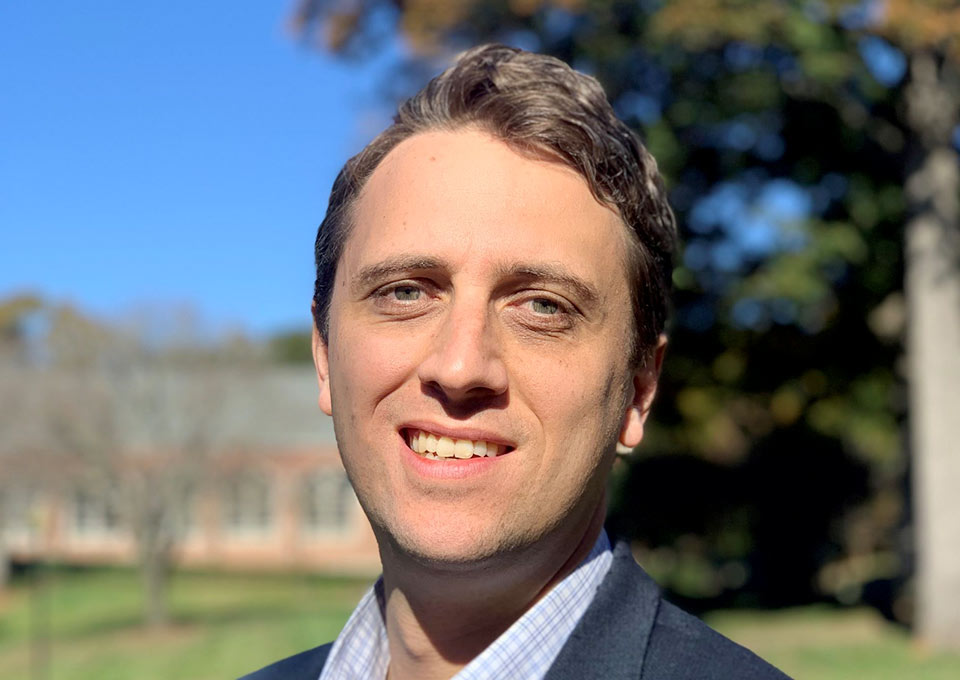hero default image
In his book, Jesus is the Question, Martin Copenhaver posits that in the four gospels, Jesus asks 307 questions, was asked 183 questions, and only answered between three and eight (depending on what scholar you consult).
And yet, in ministry – and indeed in so many other contexts of our lives – we are so quick to provide answers, certainty, and more information, often in contexts where this isn’t actually the most effective approach.
What if we paid more attention to asking good questions and providing healthy processes rather than quick answers? Fewer answers, more questions. Less certainty, more faithfulness. Less information, more formation.
This conviction has been driving my investment in developing coaching skills to complement the group facilitation work I do in my role with The Ministry Collaborative (a project of the Macedonian Ministry Foundation).
Working with hundreds of pastors and lay leaders from numerous denominations and contexts all over the country, one of our most significant and ongoing observations is that ministry leaders do not receive adequate training or experience in the areas most urgently needed in our current culture.
Among others, two items toward the top of that list would be group facilitation and coaching.
It is difficult to imagine a ministry context in which these skillsets are not tremendously valuable.
The Coaching Institute through CTS is helping me and our team to close that gap.
The basic posture of ICF (International Coaching Federation) coaching is that all individuals are creative, resourceful, and whole.
In theological terms, it starts with the assumption that people are wonderfully made in the image of God and have the capacity to experience God and grow in faith, hope, and love.
In this posture, ministry leaders with coaching skills create generative spaces and ask powerful questions for individuals and groups to develop deeper awareness of themselves and the world, so that they might recover their own sense of agency for moving forward pushing through whatever challenges they face.
I summarize it as creating a shared space and process for discovery, discernment, and development.
What’s been most eye-opening to me is how the coaching training I’ve received through The Coaching Institute at CTS applies to so many contexts.
My current clients are not only clergy; they are also small business owners, corporate employees, students, and other laypeople.
But what they all have in common is a deep desire to connect their values to their behaviors, and their short-term to their long-term goals.
As a coach, the process continues to nurture in me better habits of listening deeply, paying attention, curiosity, and trusting others.
It is a spiritually rich process, one that I consider a privilege to be a part of. It is not a stretch to say that it is fundamentally re-shaping my understanding of ministry.
So much of life and ministry is knowing how to build trust, create healthy people-oriented processes, and help individuals, groups, and organizations move forward.
I have found this to be exceptionally true in the context of the global pandemic, civil unrest from racial injustice, and the growing anxieties of a contentious election cycle.
Posing the right questions and creating the right processes in these times can effect change on small and large scales.
Jesus models this dynamic approach exceptionally well, and I continue to see how basic coaching training helps me to grasp that model more firmly and intuitively.
There are some skillsets in life that, once learned, seem to become part of you, even at an unconscious level.
Coaching training has certainly seemed like that for me, and I could not be more thankful for the dividends I think it will pay over the long-term.
To learn more about The Coaching Institute at CTS, click here.

Rev. Adam Borneman serves on staff with Macedonian Ministry as Program Director. Adam plays a key role in MMF’s overall strategic development and program implementation, and is also significantly engaged with our program through curriculum development, workshop leadership, group facilitation training, and coaching.
Raised in Snellville, GA, he is a graduate of Samford University and Gordon-Conwell Theological Seminary in Boston, MA (M.Div., Th.M.), and came to Macedonian Ministry after serving as pastor at Second Presbyterian Church in Birmingham, AL.
In addition to serving with Macedonian Ministry, Rev. Borneman stays busy with writing projects, cycling, hiking, fretting over professional baseball, and spending time with his wife Jessica and two young daughters, Maggie and Hannah.